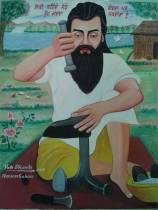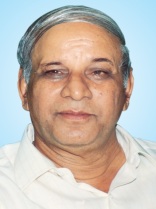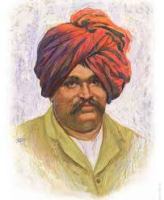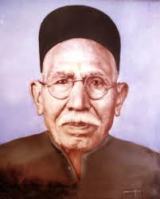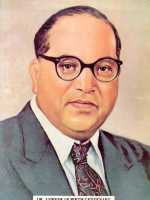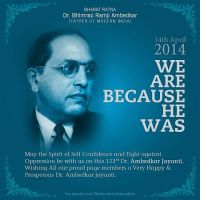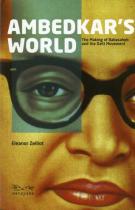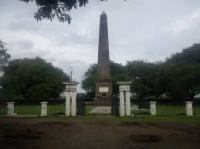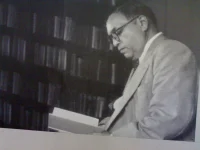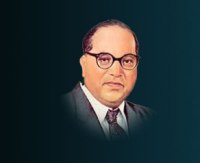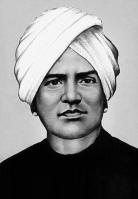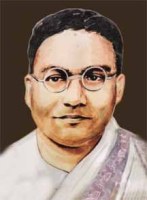5 February 1951: Hindu Code bill was introduced in the Parliament
Following India’s independence Jawaharlal Nehru entrusted his first Law Minister Dr. Ambedkar, who belonged to the Scheduled Caste Federation, with the task of codifying the Hindu personal law as the first step towards a uniform civil code. Dr. Ambedkar formed a committee with himself as its chairperson. The other members were K Y Bhandarkar. G R Rajagopal of the Ministry of Law and S V Gupte of the Bombay Bar. The committee made only minor revisions to the draft that was presented to the Consituent Assembly in 1947 before Independence. But even before the bill could be put up to the Constituent Assembly (Legislative) some vocal sections of Hindu public opinion raised the bogey ‘Hinduism in danger’. Dr. Ambedkar and his team, however, was undaunted and continued with their efforts with all seriousness and presented the draft bill to Nehru’s cabinet, which unanimously approved it. Emboldened by this exercise, on 5 February 1951 he introduced the bill to the Parliament. But to his utter surprise, many Hindu members, including some who had approved it in the cabinet earlier, now resisted it. Sardar Patel as the home minister and the Deputy Prime Minister, Syama Prasad Mookerjee as the industry minister who belonged to the Hindu Mahasabha, and Pandit Madan Mohan Malviya, a tradionalist Congressman, strongly opposed the bill. Pattabhi Sitaramayya, the Congress president, also opposed it, particularly keeping in view its negative impacts on Hindu votes in the election of 1951-52. Mookerjee said it would ’shatter the magnificent structure of Hindu culture and stultify a dynamic and catholic way of life that had wonderfully adapted itself to the changes for centuries’. Even women belonging to the Hindu Mahasabha came to the forefront to oppose the bill. Already a year ago, in a long letter to President Rajendra Prasad, Janakibai Joshi, the President of the All India Hindu Women’s Conference that belonged to the Hindu Mahasabha, had written on 4 February 1950 that any move to replace the concept of Hindu marriage as sacrament by making it contractual would destroy the entire family system of the Hindus. ‘The Hindu family should be taken as a unit and fragmentation of the property should not be allowed so as to go away to other family through daughter’.
Check also – 5th February (1988) in Dalit History – Remembering Dalits’ fight to get publish Babasaheb Ambedkar’s Books















